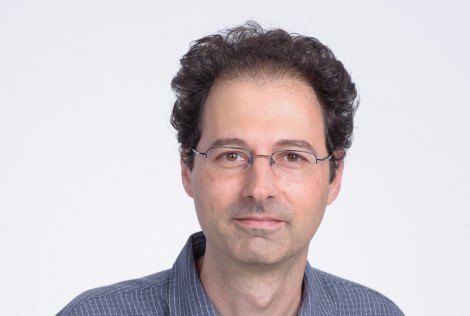Bioengineering
Bioengineering: Where Science Meets Innovation
Bioengineering is a fast-growing, multidisciplinary field that combines biology, medicine, physics, chemistry, computer science, engineering, mathematics, and optics to solve real-world challenges in health and life sciences. It drives the development of advanced medical technologies, diagnostics, and therapeutic tools that improve lives—from high-resolution MRI and genome mapping to neural interfaces, nanotechnology, and miniaturized devices.
In research, bioengineering opens new frontiers by enabling accurate modelling of biological systems, accelerating drug discovery, and combining basic science into clinical breakthroughs. Fields like tissue engineering, organ-on-a-chip and microfluidics are reshaping studying format, and the potential of diagnosis and disease treatment.
The microfluidic Lab
Our lab specializes in microfluidics applied for molecular diagnostics, proteomics, pharma studies and bio-interfacing technologies. We develop:
Microfluidic devices for simulating complex biological systems on a miniature scale
Molecular interaction mapping (DNA, RNA, proteins) to uncover cellular mechanisms
Personalized diagnostics using patient-derived cells to test drug responses
Live model systems (e.g., C. elegans) for studying development and cellular control
Therapeutic antibody design, in collaboration with the industry
Academic and biotech partnerships to drive innovation from bench to bedside
Israel is a global leader in bioengineering, home to over 200 medical device companies and countless biotech startups. Many of their innovations—developed or inspired by research like ours—are now used daily in clinics and hospitals worldwide.
Researchers
-
Prof. Gerber Doron
972-3-7384508 (office); 972-3-7384509 (lab)




